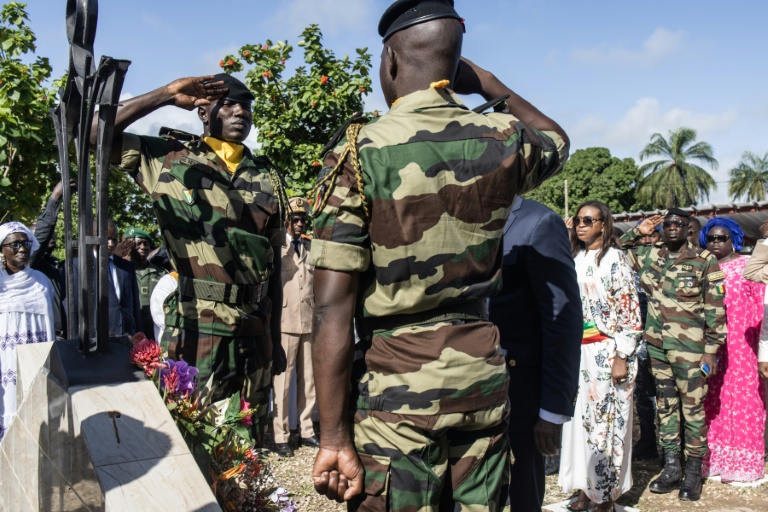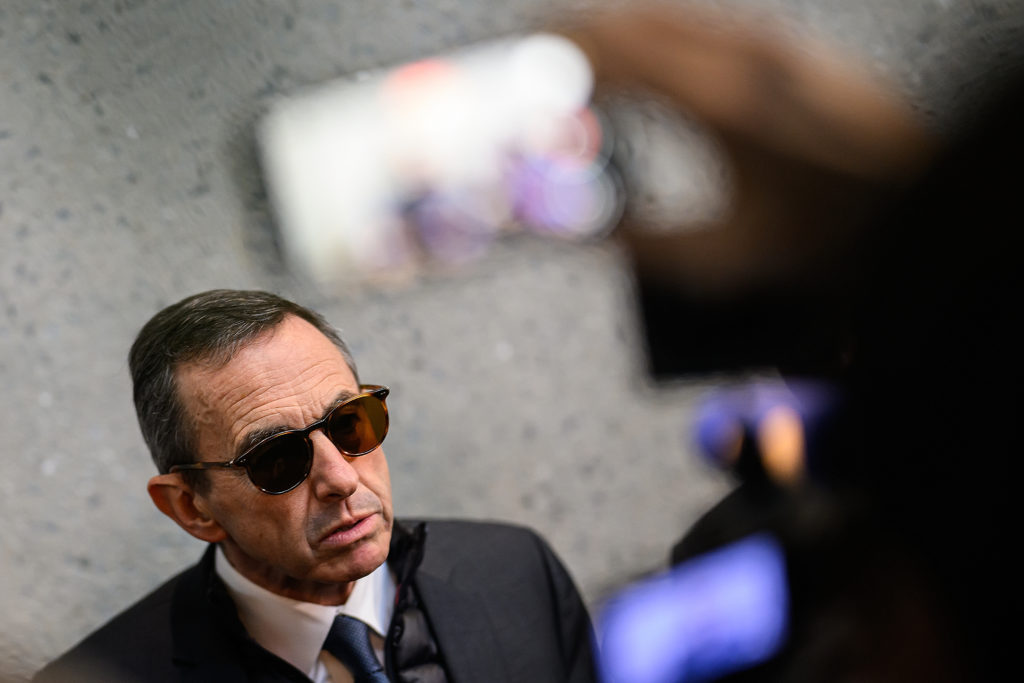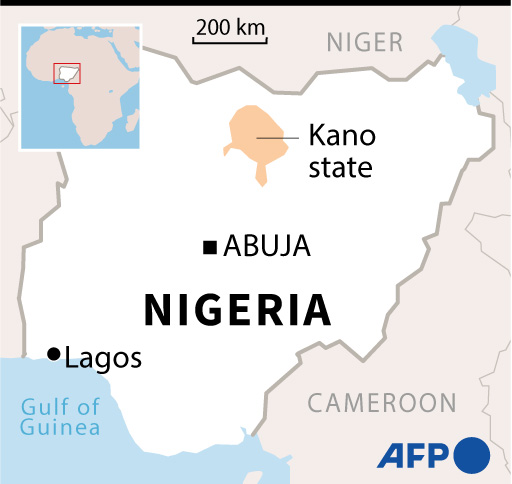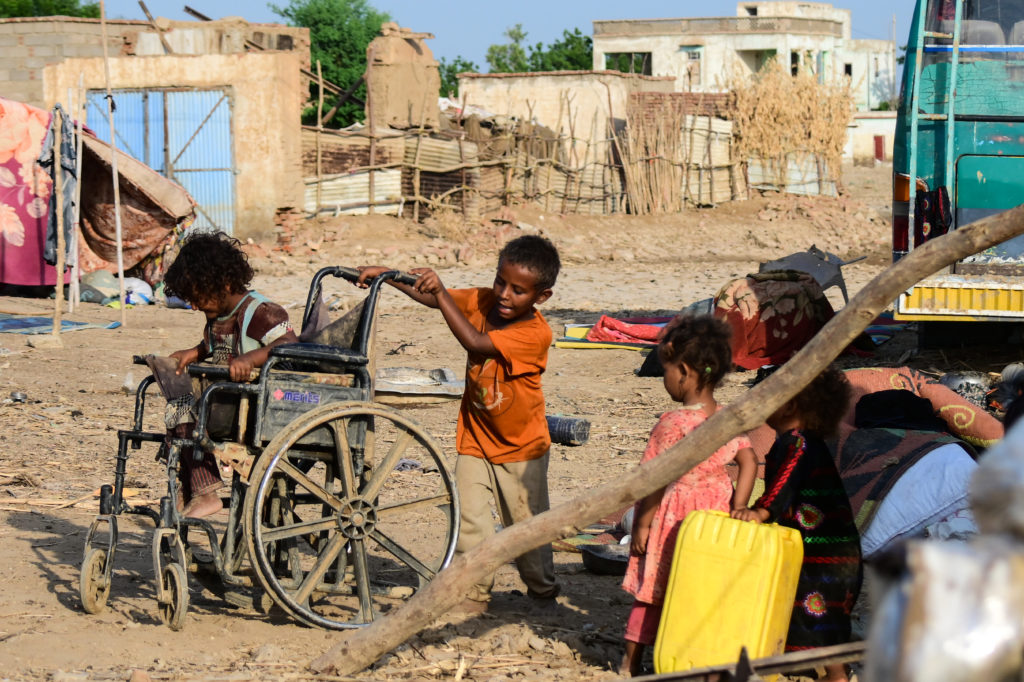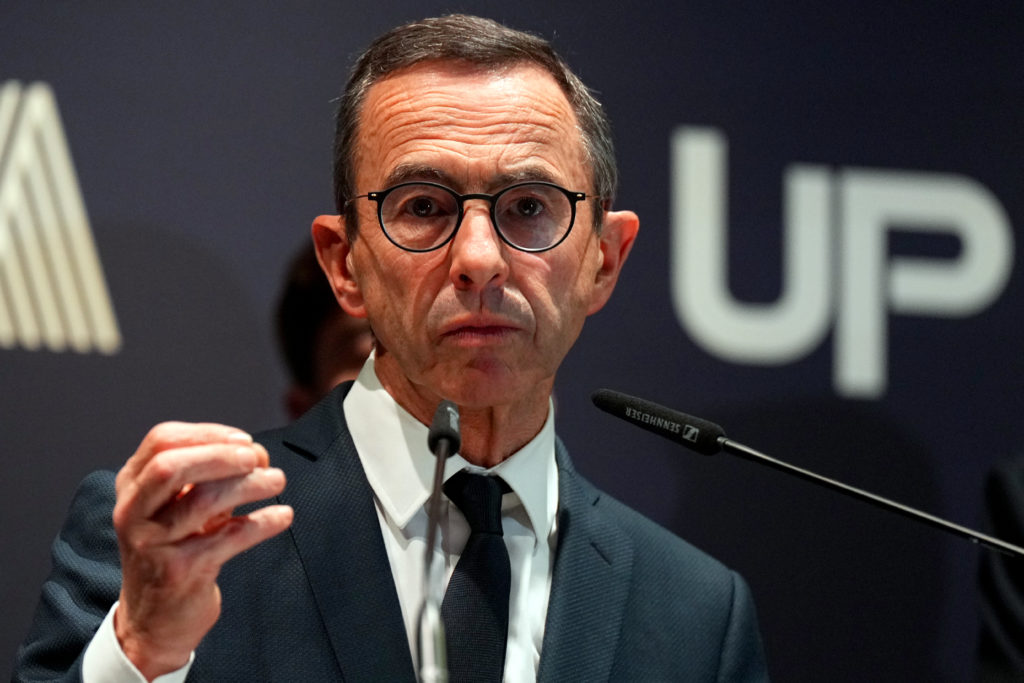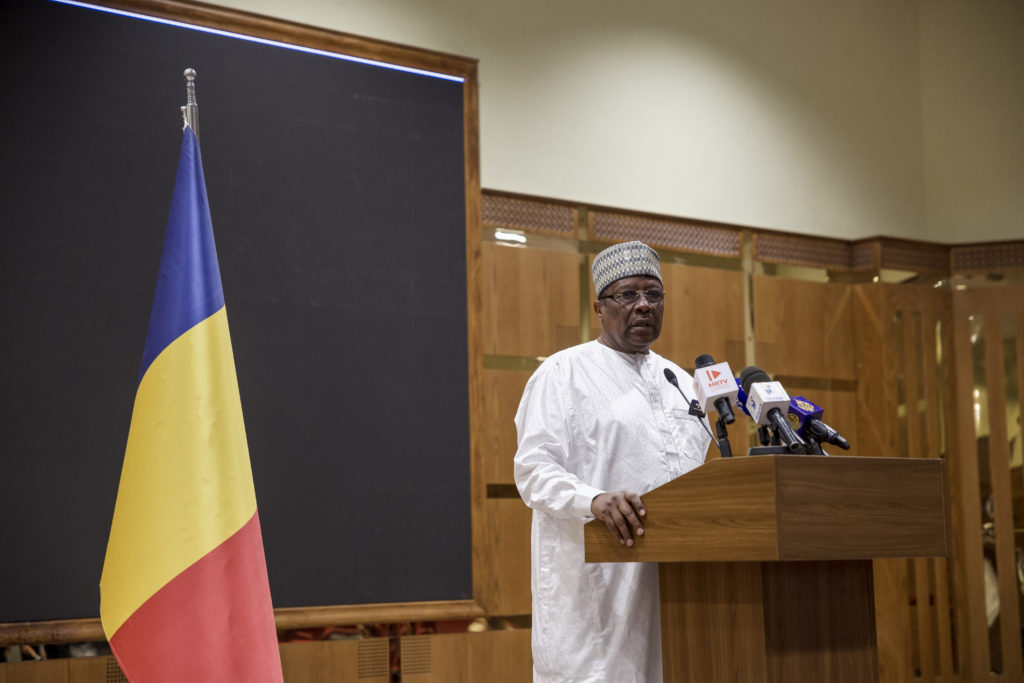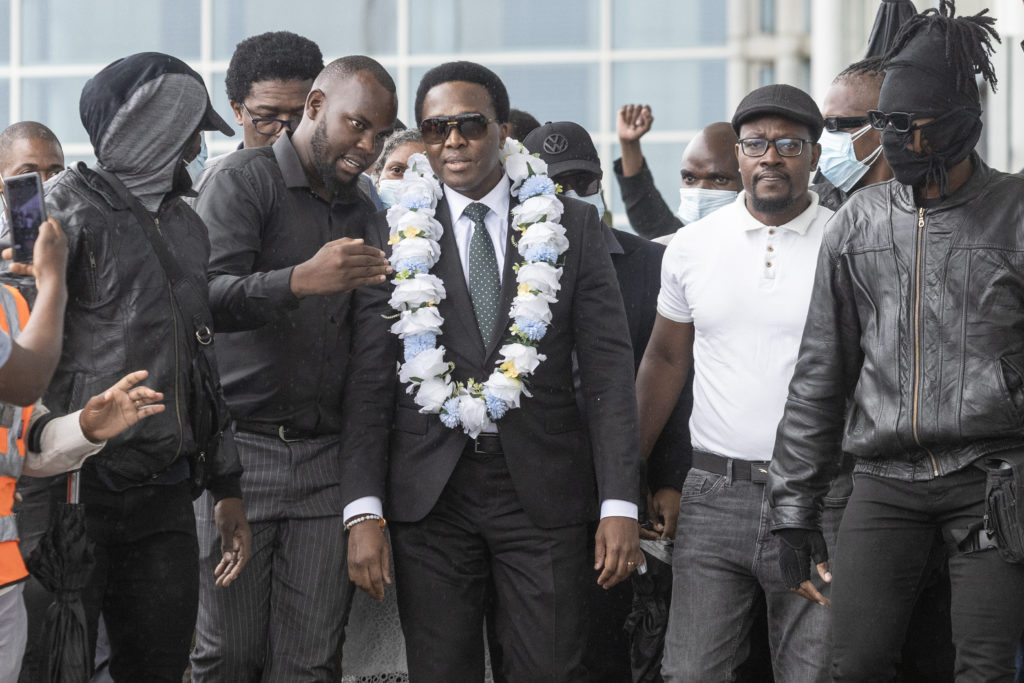A total of 1,863 people drowned or were lost after Le Joola ferry capsized on September 26, 2002
Twenty years after Le Joola ferry sank, the Senegalese town where half of the nearly 1,900 dead lived paid tribute on Monday to those killed in the disaster described as a “wound that never heals”.
When news spread that the vessel had capsized on the night of September 26, 2002, no one in the southern town could believe it.
“It was unthinkable,” said Nouha Cisse, who was head teacher at a secondary school in Ziguinchor that lost 150 pupils to the tragedy.
A hundred relatives and officials took part on Monday morning in two religious commemorative ceremonies — Catholic and Muslim — next to around 50 graves in Kantene cemetery on the outskirts of Ziguinchor.
An official delegation laid wreaths, before women in long traditional dresses and their families visited the graves.
“It’s very important for us to be here, to pay tribute to our mother and our nephew who we lost,” said Ndeye Astou Diba, 38.
Le Joola was one of the worst civilian maritime disasters in history.
A total of 1,863 people drowned or were lost — surpassing the Titanic toll of more than 1,500 some 90 years earlier.
Le Joola sailed into a storm off the coast of The Gambia on the way from Ziguinchor to the capital Dakar.
– Calls to raise wreck –
At another larger ceremony with several hundred people close to the Casamance river from where Le Joola had departed, the head of victims’ associations repeated a call for the wreck to be raised.
Le Joola, which sunk to a depth of 20 metres (66 feet), is thought to hold many bodies.
The ferry had played a major role in Ziguinchor in the isolated Casamance enclave, providing a lifeline to Dakar and transporting agricultural produce as well as tourists.
The Casamance, almost separated from the rest of Senegal by the tiny state of The Gambia, had since 1982 been wracked by a separatist rebellion. September 2002 saw a surge in attacks.
On September 26, more than 1,928 people officially crowded on to the ferry, which had a capacity for 536 passengers.
Victims’ associations say more than 2,000 passengers from more than a dozen countries died, and only 65 survived.
– ‘Unbearable’ news –
With crowds gathering at the port the morning after, the prime minister announced Le Joola had capsized.
“After that it was unbearable in Ziguinchor,” recalled Ibrahima Gassama, a journalist who covered the disaster for Sud FM radio.
“No one could console anyone. The gendarmes cordoned off the area because some people were threatening to throw themselves into the sea.
“They had lost everything,” Gassama said.
“It really was a catastrophe,” said 65-year-old Khadidiatou Diop, who lost her mother.
“In this house one person died, in that house another death, across the road one dead. It was like that all over Ziguinchor.”
For Gassama, “it’s a wound that never heals.
“I don’t think it ever can because the subsequent behaviour over the handling of the catastrophe was a second shipwreck.”
He noted the rescue effort that only happened the next day and the official “lies”, denying the high death toll.
– Questions remain –
Two decades on, many questions remain unanswered.
The causes of the incident have never been fully established, despite a Senegalese government inquiry and a French probe launched because of the deaths of 18 French citizens.
Engine failure, a navigational error, bad weather, poor maintenance and overcrowding — or a combination — were likely to blame.
Senegal closed the case in 2003 after concluding an investigation that blamed the captain, lost in the catastrophe.
French courts also dismissed a years-long probe, which found evidence against seven Senegalese officials, concluding that Paris did not have jurisdiction.
Senegalese and French victims’ associations have called for a memorial to be erected. One was promised for five years ago but the site was still nowhere near ready in Ziguinchor on Monday.
Senegalese victims’ relatives have been compensated but President Macky Sall has not attended the annual anniversary remembrance since he took office.
Sall later on Monday tweeted the country was in “solidarity” with the victims, adding: “We must ensure that such a tragedy never happens again.”

